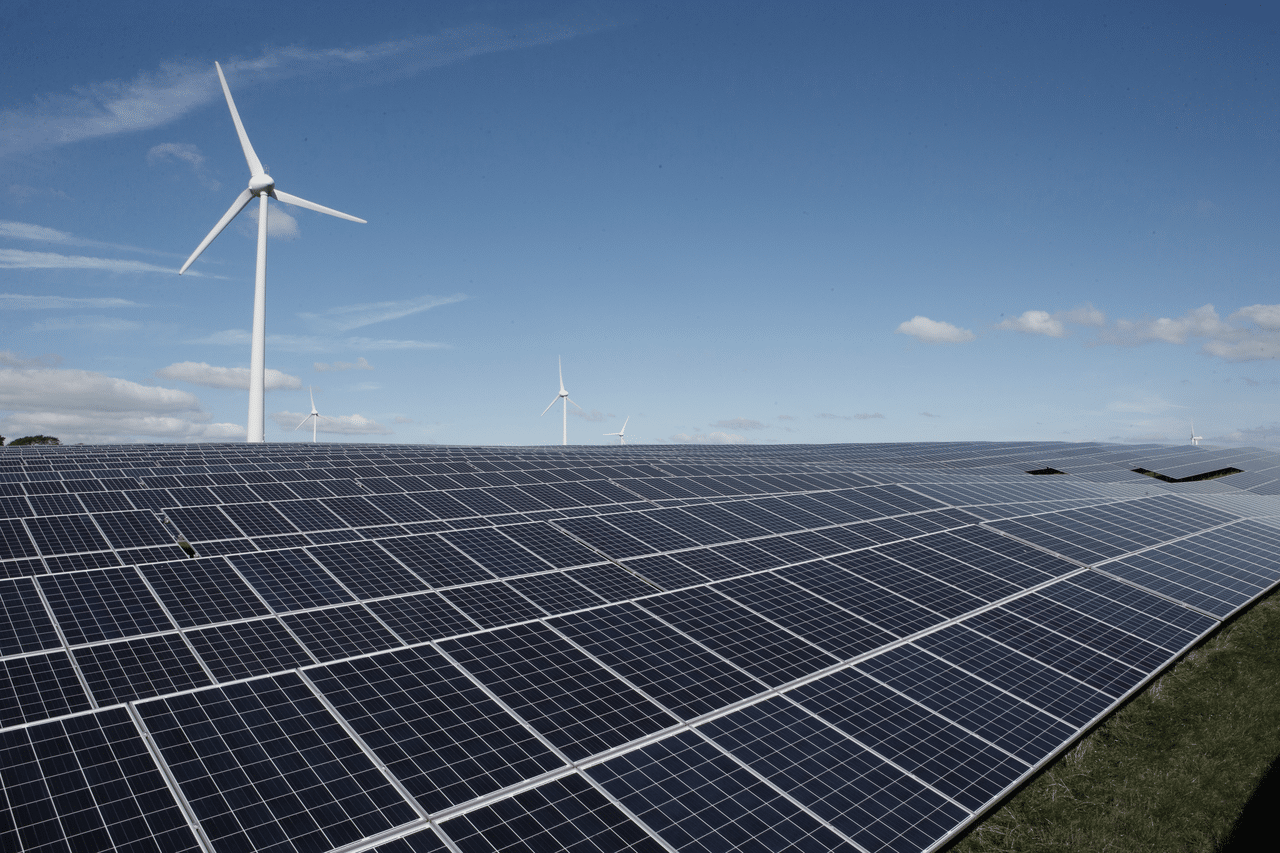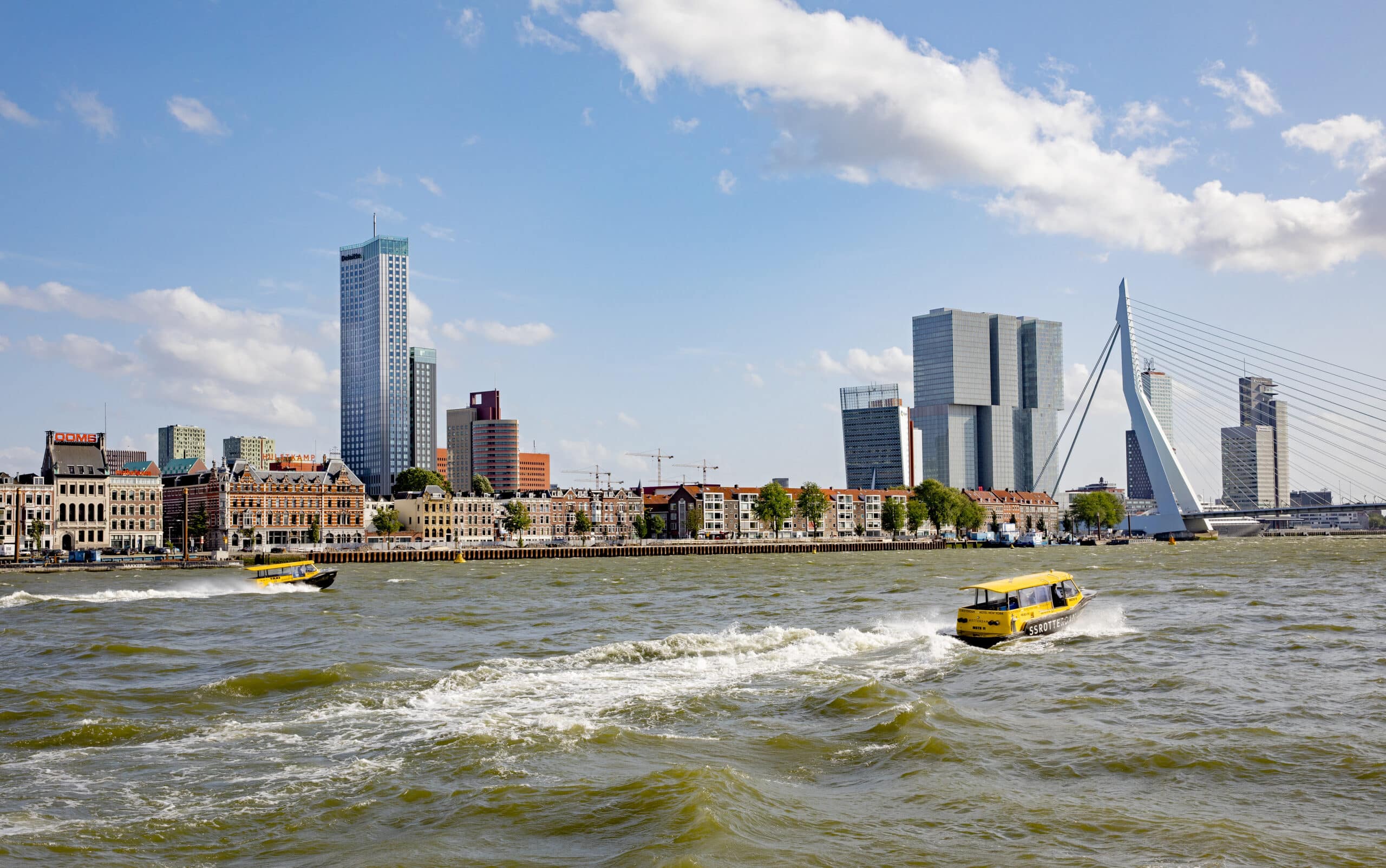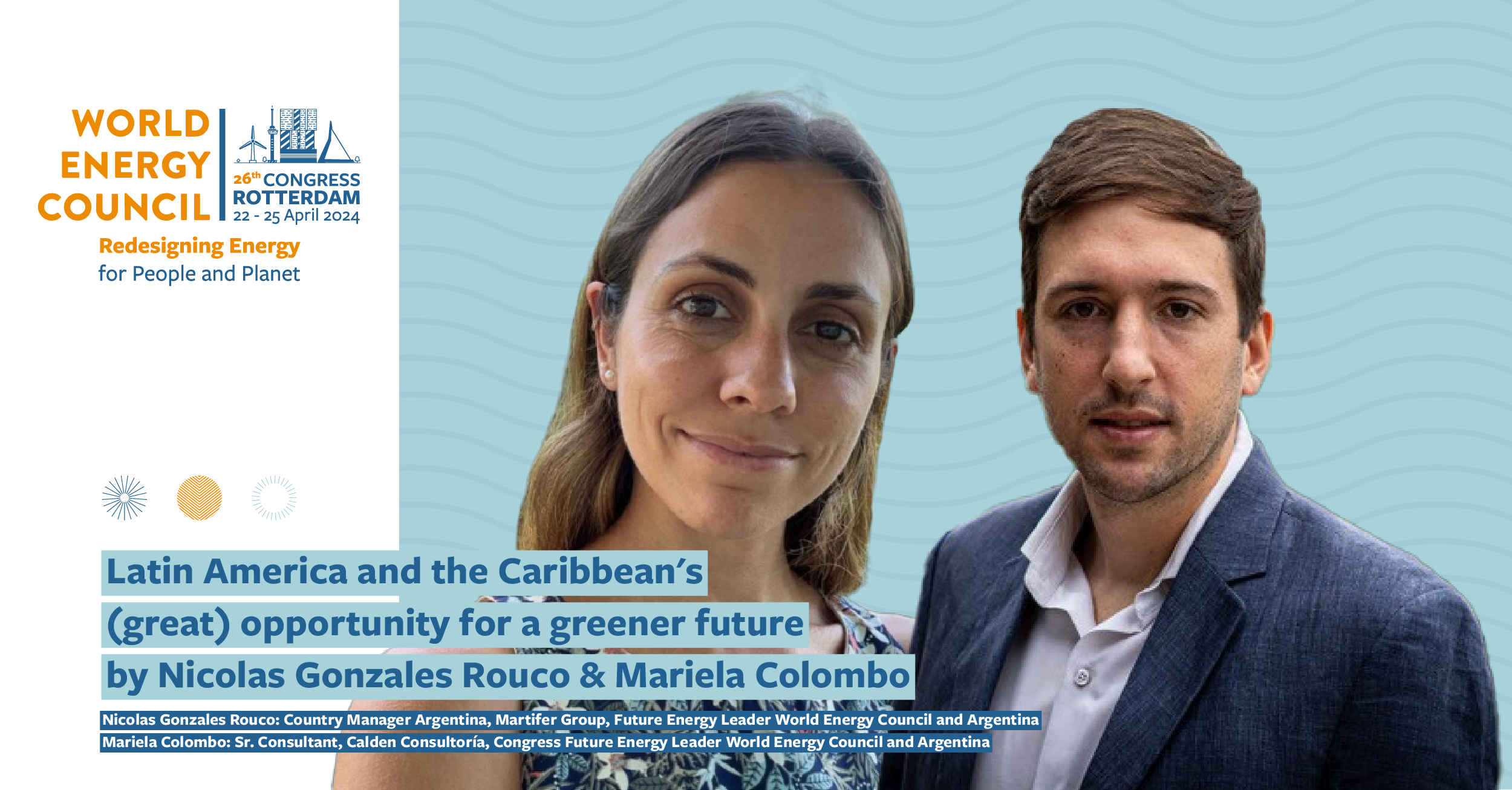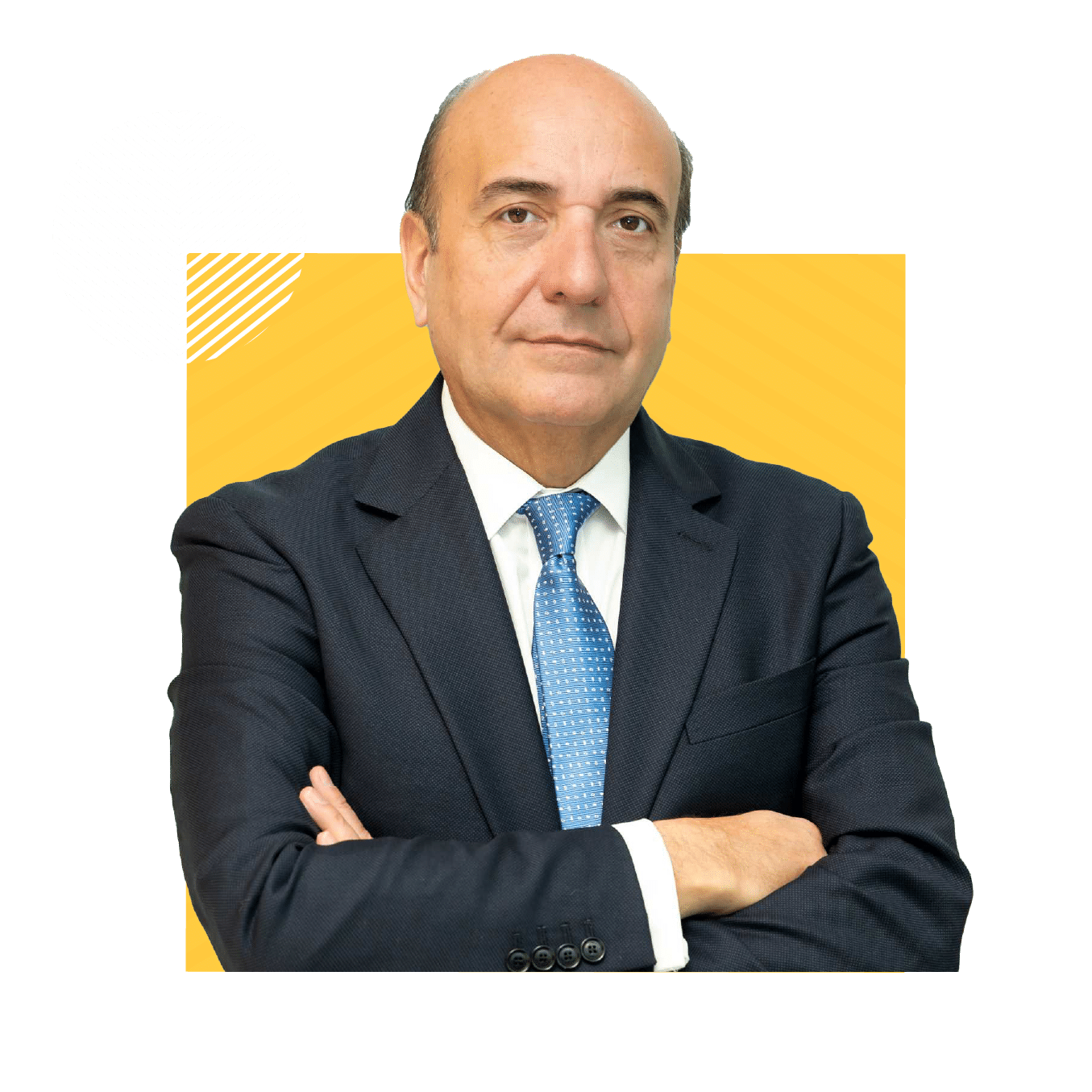Re-imaging the financing schemes for sustainability in the built environment
09.08.2023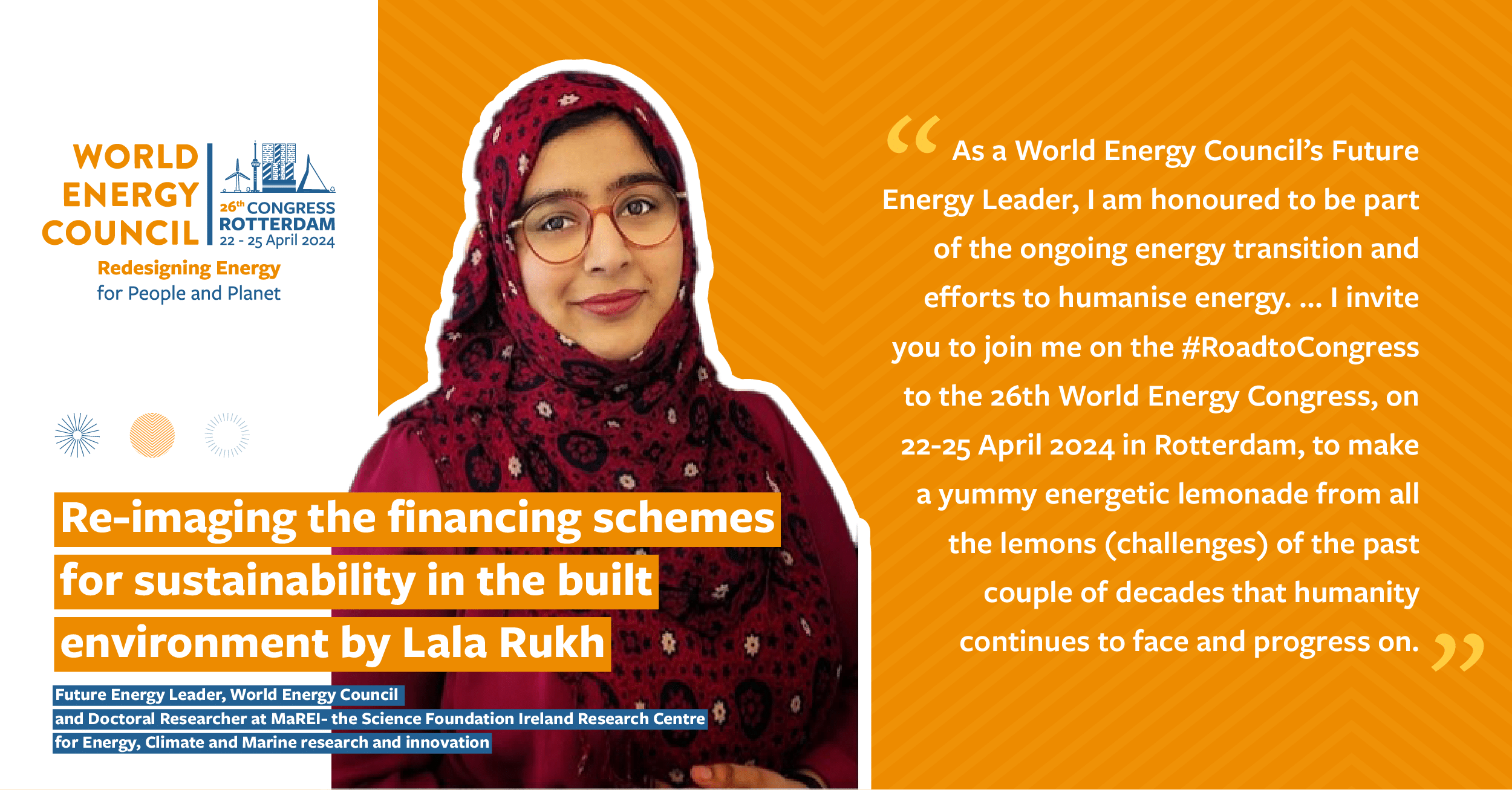
The challenges and unfortunate existing global situations are undeniable. But the beauty is that we grew up and learnt lessons from our mistakes. In the recent past, energy accessibility, equity, reliability, security, and sustainability have been a personal problem for each individual. The post-pandemic economic shocks and recovery have bound every citizen to re-imagine the cost and source of energy they pay for, if it is accessible. Pandemic recovery might be the most transitioning and alarming period in the history of energy. The good news is that we are now more prepared than ever before for a just energy transition, an essential ingredient for global peace and security. Amidst a warming globe, finances must not be the reason to stay behind!
Innovative financing entails using unconventional approaches to generate extra funds for development aid via inventive schemes like micro-contributions, taxes, public-private partnerships, and market-driven financial transactions. At the start of 2010, the majority of these innovative financing models were geared towards supporting healthcare initiatives in developing nations. Now, it is high time we used these models for the energy transition.
In an attempt to humanise energy, I am trying to develop a nexus between operational energy demand practices, internal environmental conditions in buildings, people occupying buildings, materials, and technology used in the retrofit of buildings. My research aims to extend Energy Performance Contracting (an example of innovative financing mechanisms) to include performance metrics for Internal Environment Conditions (IEC). Considering performance criteria for energy consumption, GHG emissions associated with energy consumption, indoor temperature (and/or thermal conditions), indoor carbon dioxide, humidity, and other measurable parameters for a healthy and comfortable indoor setting. Not only does it help reduce carbon emissions and combat climate change, but it also helps homeowners save money on their energy bills and improve the comfort of their homes.
As a World Energy Council’s Future Energy Leader, I am honoured to be part of the ongoing energy transition and efforts to humanise energy. As very well said by Dr Angela Wilkinson: “Energy is essentially a story about humanity; it’s more than a sector; it’s the ultimate connector of our fears and our hopes of people and geographies across the world.”
I invite you to join me on the #RoadtoCongress to the 26th World Energy Congress, on 22-25 April 2024 in Rotterdam, to make a yummy energetic lemonade from all the lemons (challenges) of the past couple of decades that humanity continues to face and progress on.
Future Energy Leader, World Energy Council
Doctoral Researcher, MaREI- the Science Foundation Ireland Research Centre for Energy, Climate and Marine research and innovation
